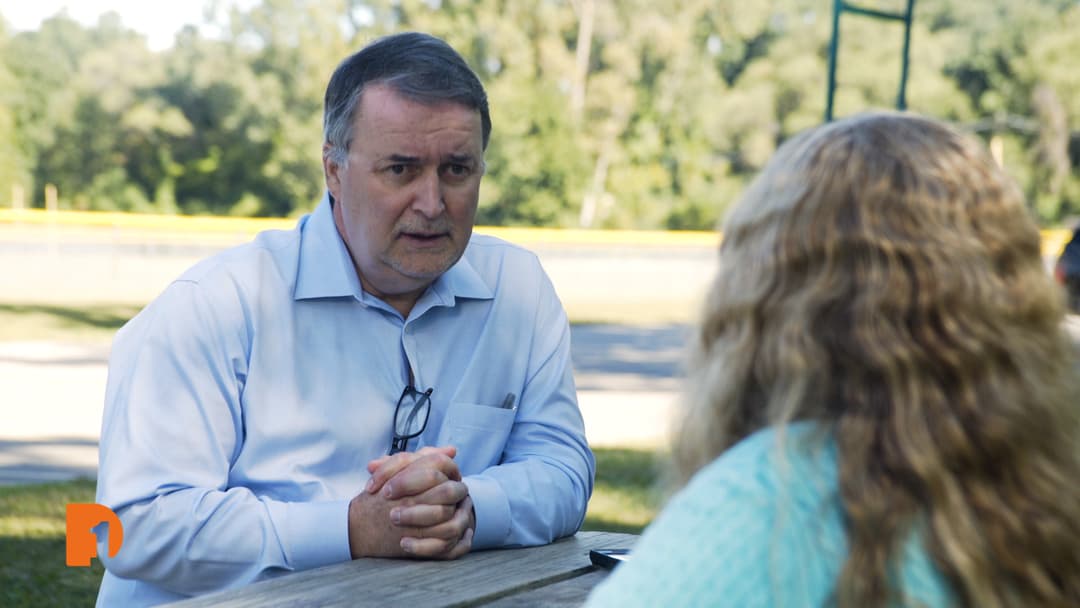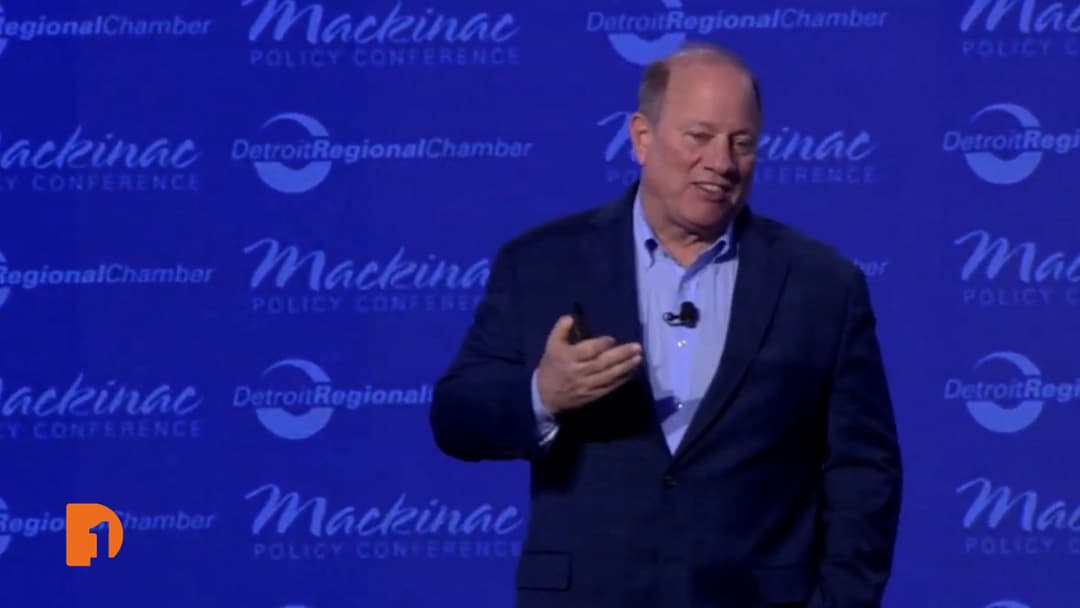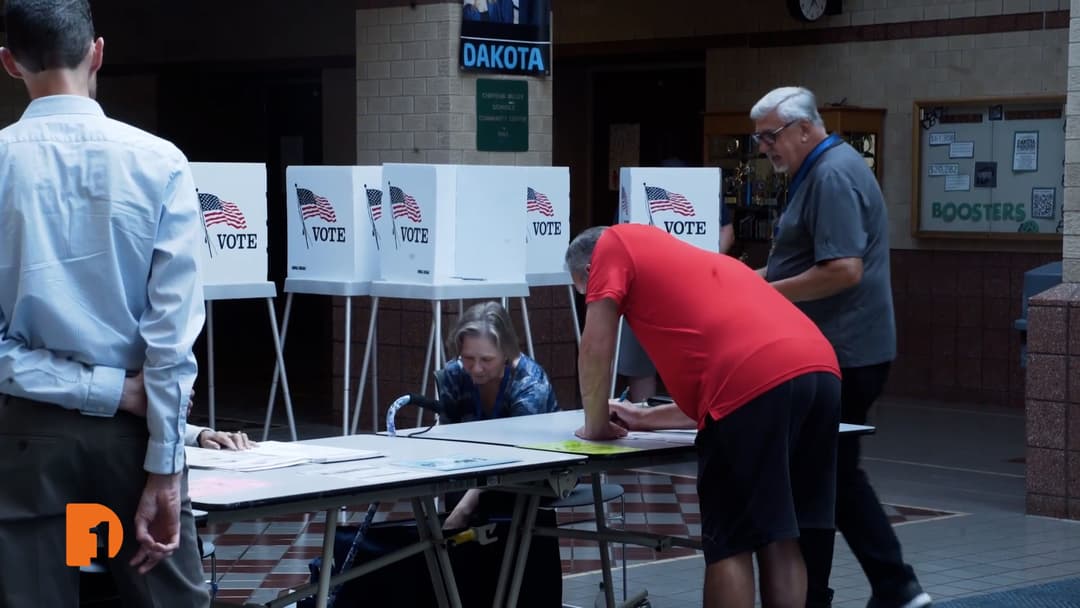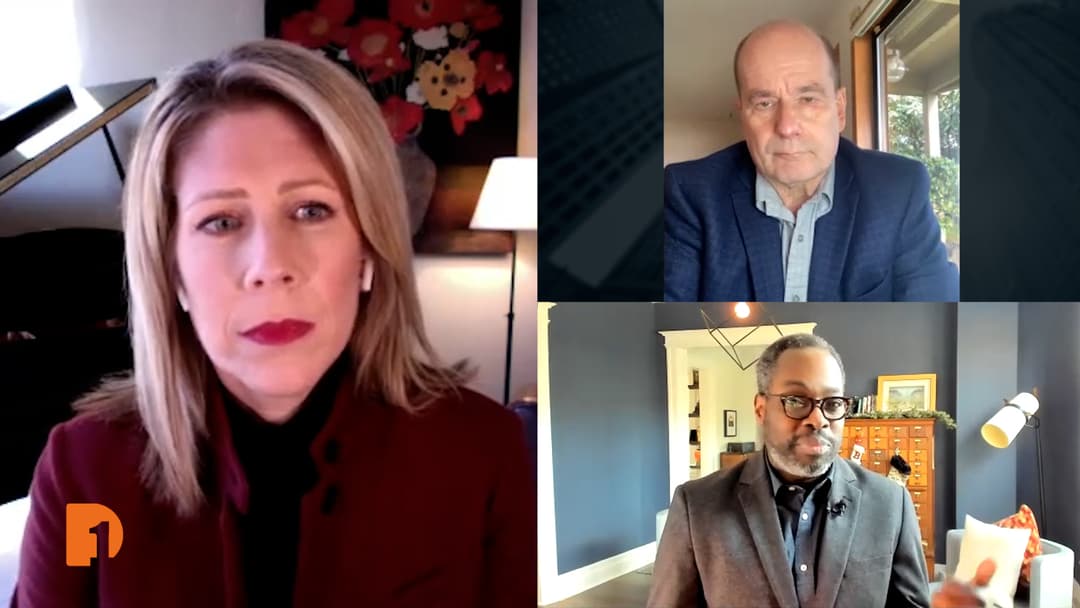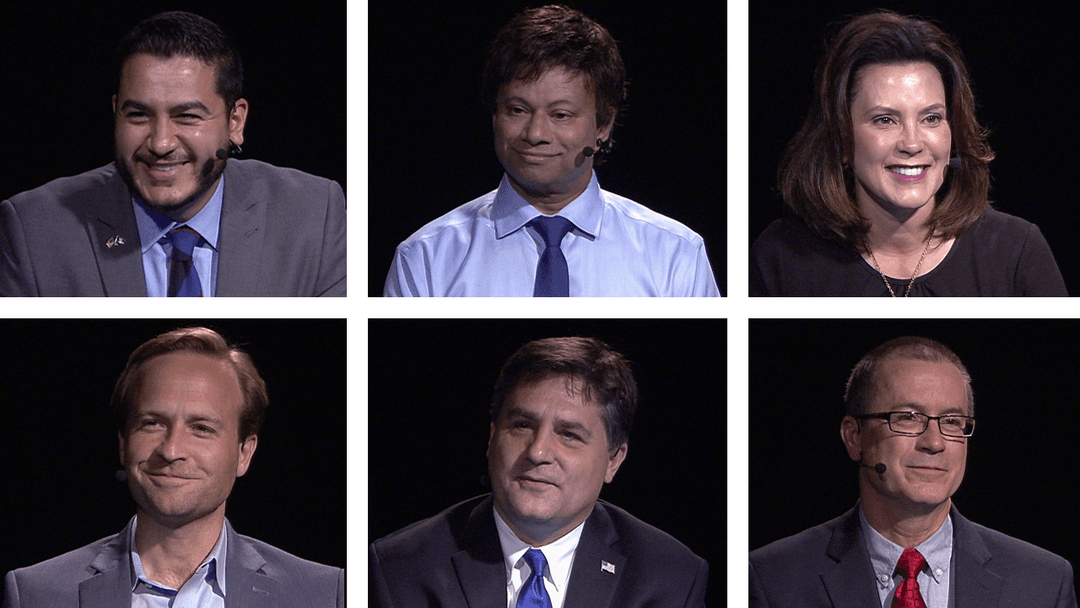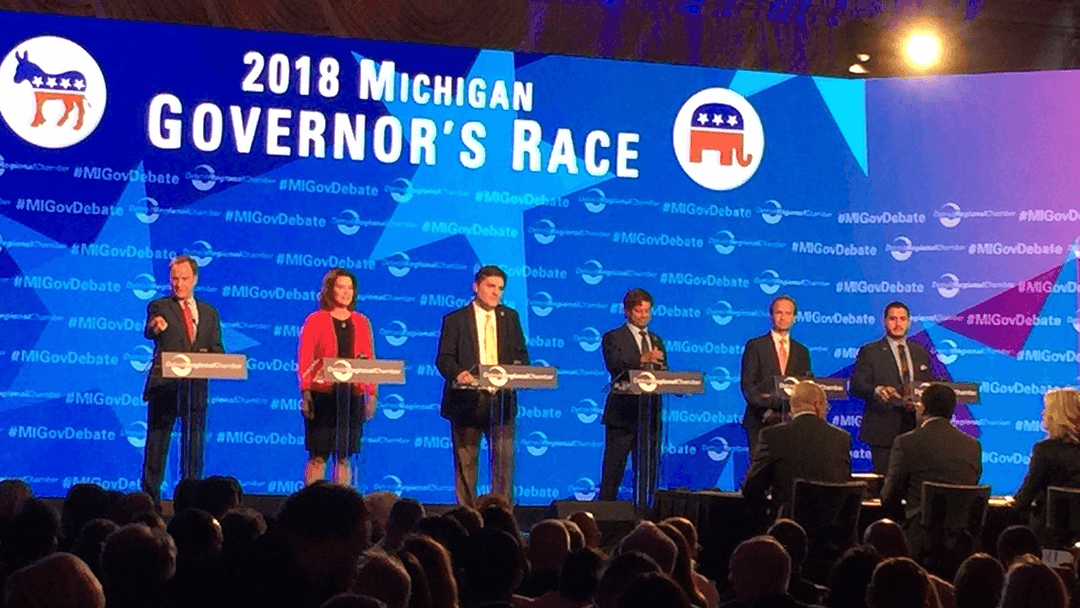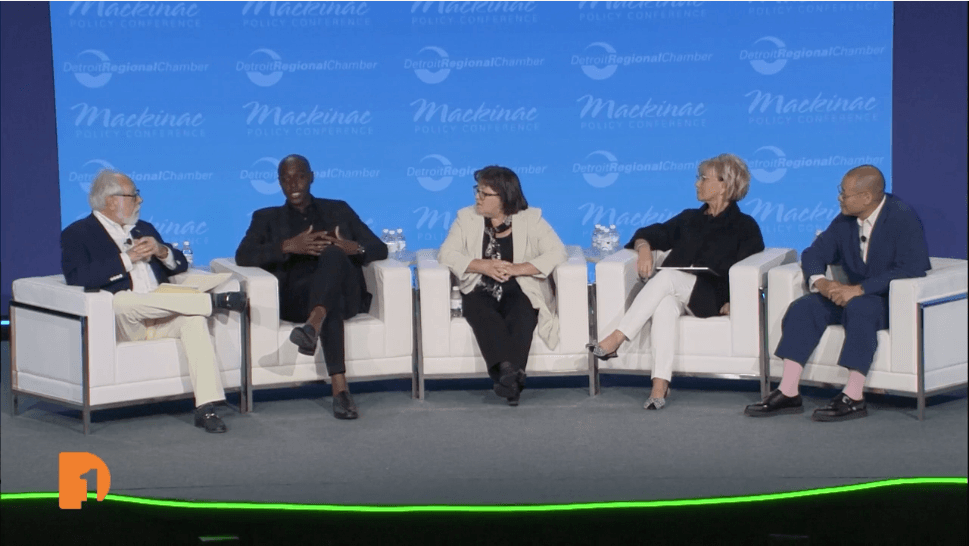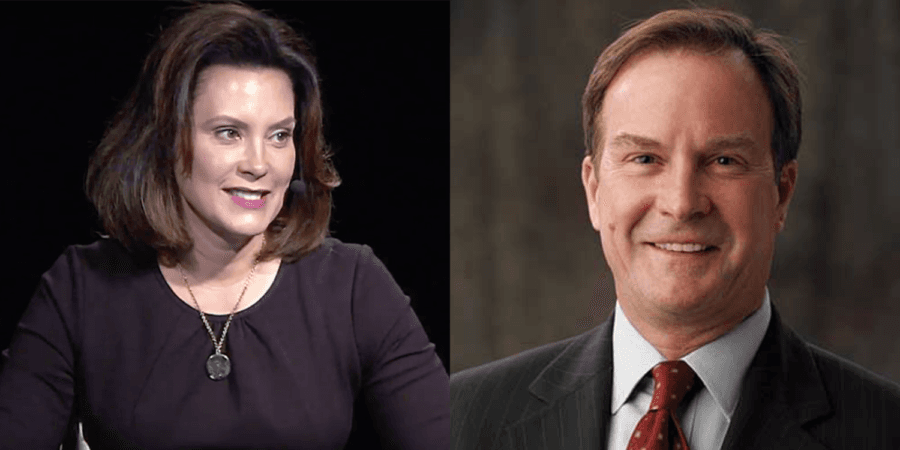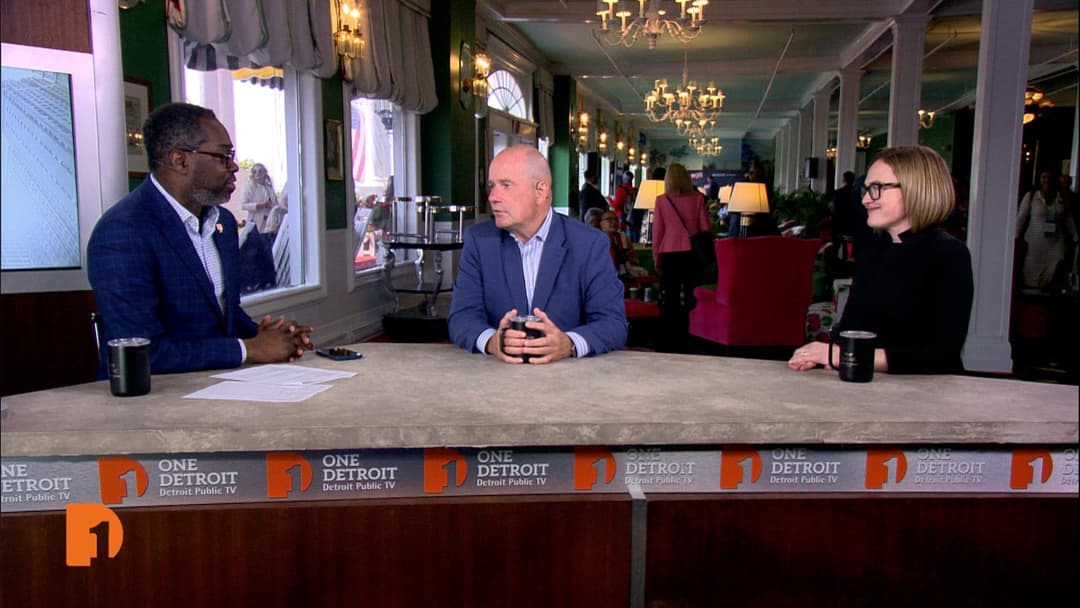
How would the candidates lower auto insurance rates?
Jul 31, 2018
Six of the gubernatorial candidates sat down with reporters from the Detroit Journalism Cooperative to talk about substantive issues such as taxes, immigration, the roads, regional transit and more.
According to a recent report, Michigan has some of highest auto insurance rates in the nation. Erin Einhorn from Chalkbeat Detroit and Sascha Raiyn from WDET asked each of the 6 candidates present about their plans for car insurance, specifically, how they would lower rates. Check out their answers below.
Abdul El-Sayed (D):
Sascha Raiyn: Our audience, Debbie and Ray, want not know about your plans for car insurance and specifically how you would lower the rates.
Abdul El Sayed: Yeah, well thank you, Sascha and thank Debbie and Ray for a really important question. I was just in Detroit today and in Detroit’s 48227 zip code Detroiters pay five times the national average in auto insurance. We’ve got a plan to reverse the rates. It consists of four things: 1. No more red lining. Right now, we allow auto insurers to make decisions about what your rates are based on what job you work, what your education level is, your credit score and where you live. That doesn’t make sense to me. The only thing they should be able to pay attention to is your driving record and whether or not you’re over the age of 25. That to me is the only thing that should be taken into account when a decision is made about how much you pay. So we got to push the anti redlining bill that has been championed by people like Abdul Lahamoud representative out of Dearborn.
We’ve also got to stand up and build a truth in insurance commission. What truth in insurance would do is create the means of every day people to hold insurance companies accountable. Being able to say, how have you put together your rates? Why are you caring what you’re charging? How much money is in the catastrophic claims fund? Right now, we don’t have any visibility on that and the lack of transparency is hurting people.
We have watched as both the hospital industry and trial lawyers have taken advantage and exploited the system. Right now, the hospital industry can charge auto insurers well more than they would charge other sources of insurance for the same exact set of goods and that’s not okay anymore. So we have got to establish a fee schedule that is stuck to by the hospitals. And then we’ve watched as trial lawyers have in effect exploited rules of accidents being able to charge auto insurance for legal fees and I just don’t think that’s right.
And then lastly, the reason our auto insurance is so expensive in Michigan is because we’re one of very few states that allows auto insurance to double as health insurance do. I believe in universal health insurance and I hope that we get to talk about our Michigan plan. And what Michicare would do is provide every Michigander access to health insurance so we can let auto insurance go back to being auto insurance again. We do those four things our rates come way down and we don’t have these disparities in rates in different communities across the state.
Shri Thanedar (D):
Shri Thanedar: Well, I want to ensure that insurance companies do not use non-driving factors such as redlining where you live, the zip code that you live, your economic or marital status, your education, your credit score. None of that should be a factor in deciding your car insurance.
I would also bring greater transparency in the MCCA that adds a premium to our insurance rates. I want to make – provide people an option in terms of what services they want from the insurance and what they’re willing to pay for it.
So, a little bit of a cafeteria plan is something that I would offer. But I would ensure that insurance companies are not taking advantage based on geographic locations. And a lot of times when they do that, it affects the people of color and it affects people of poverty. And I will ensure that they don’t take advantage.
Gretchen Whitmer (D):
Gretchen Whitmer: Yeah. There’s no question that the cost of auto insurance for Michiganders generally is tougher than the rest of the country, but Detroiters are feeling it the worst. I hear about it everywhere I go. People say my car note is a half of what my auto insurance is. That’s rent. That’s childcare. That’s a lot of different things that are going toward just the bottom line of an insurance company.
There are a few things that I think we can and need to do on auto insurance to give people real relief. I’m only interested in real relief, not talking points and not a temporary solution. We’ve got to have a long-term solution and that comes from a couple of different places.
First and foremost, the no-fault system was created to give people that are catastrophically injured the care they need for the rest of their lives. I think that’s important. I also think that part of their goal was to bring down litigation costs and I think that’s important too. But what we have right now is a system where the insurance industry doesn’t have to pay claims on time. That costs all of us more. Where they’re not penalized when they do that in bad faith. Where policyholders aren’t necessarily treated fairly, where costs are different depending on who’s paying. That’s not right either. So we do have to have some reasonable cost controls.
But we’ve also got to make sure that we’ve got an insurance commissioner who is a consumer protection advocate. It would be nice if we had an attorney general who was as well. The insurance commissioner is appointed by the governor and so that’s one thing that I know unilaterally we can help a bit. But we’re going to need some legislation.
Here’s how I look at it though. There are a couple of really important pieces. Number one, the excuse that the insurance industry uses to increase rates all the time is that they need to build more money into the catastrophic claims fund. But here’s the rub, we’re not allowed to know how much money is in there. Experts peg it between $20 and 40 billion. And yet we’re not allowed to know. So how can we challenge the increasing rates if we don’t know how much money is actually in that fund. So transparency and suing if we have to to get it is something I’m committed to.
Then also the solution I believe needs to incorporate a prohibition on redlining and the discrimination that happens in rate setting. You know marital status doesn’t have anything to do with your driving record. Where you live, your zip code, your education level, your credit rating. These things should not be a part of the determination on insurance rates. And they are right now. And that’s got to be a part of the solution too.
I know that we can bring rates down but for too long we’ve had one side writing the rules and that’s going to change and I want to sign a bill into law within the first six months of next year. Real relief.
Brian Calley (R):
Brian Calley: Lower rates. We absolutely do need to lower rates. The problems in the past have been that advocates for auto and no-fault insurance stack six, seven, or eight major changes into one bill. They try and muscle it through the process, but it always dies under its own weight. Year after year after year nothing changes. I would take a much different approach. What I would put on the table now – I think you could even get it done this year. Even in the middle of an election year, you can get this done. Start out with two major starting initiatives. First is a real fraud authority. Staff it up and give it teeth. Make it a deterrent, whether it is over-utilization or inappropriate billing. They are the things that will make the biggest difference in the areas where the rates are the highest. I would start there. Then also apply transparency to the system.
One of the problems that I see with this debate over auto and no-fault insurance is that everybody brings their own facts to the table. They do not match up. There is a lot of guesswork. If you were to subject the entire process – not just the MCCA, the Catastrophic Claims Association – but the whole rate making process to total transparency. You can see the areas of what is driving the rates on both the collision side and the healthcare side. I do not think that you have to make a choice between good coverage and lower cost. I think that we can manage the cost better if we had the whole thing subjected to transparency. That would show us the areas and reforms that need to pass in order to lower the cost the most.
Patrick Colbeck (R):
Patrick Colbeck: Yeah. This comes into a recognition of what the debate’s been to date. First of all, no fault got instituted because a lot of people said we had too many claims going into the court system. It was bogging it down. So let’s just pretend that nobody’s at fault and make sure we take care of everybody. Well, that hasn’t worked. We actually have more claims in the court system now than we used to, it’s just different types of claims. They’re based on making sure people get their full health benefits.
So the reason we haven’t gotten any movement off dead center in the legislature is because it devolves into a debate between folks who want lower costs, which I’m definitely in that category, and folks that want a lifetime benefit. So if you’re injured and you’ve got a traumatic brain injury, that’s kind of a life altering scenario that you want to make sure your insurance is taking care of. Well, I believe we should meet both of those requirements, and to date, it’s always been seen as one or the other.
I’m an engineer. I like to approach things from a different perspective. And you take both of those as requirements and start looking at how could you actually go off and satisfy both of those, sometimes treated as diametrically opposed, requirements. And the secret is looking into my own insurance premium. When I looked at my own car insurance premium, it turned out 58 percent of my costs were due to state mandates. You eliminate the state mandates, which essentially means you go back to a tort based system. You eliminate no fault as we know it. And then you repurpose the funds associated with the Michigan Catastrophic Fund, which is a challenge.
You can reduce the rates of auto insurance by close to 60 percent, a minimum of 40 percent but I think we can get to 60 percent, while actually retaining lifetime benefits because the interest on that Michigan Catastrophic Fund almost covers the disbursements coming out of it for benefit claims. And that way you wouldn’t need that $192.00 per person MCCA surcharge you see on your current insurance claim. So we can get into a little bit more detail on how that is. But the biggest challenge to get to the full 60 percent involves the federal government, involves the treatment of those Michigan Catastrophic Funds, which is about a $20 billion corpus that’s sitting there right now earning less than two percent interest on it.
Jim Hines (R):
Erin Einhorn: Yeah. You touched on auto insurance rates saying that they’re too high, and this was actually a question that Debbie and Ray in our audience had asked us to ask you. That’s specifically what would you do to get those rates down?
Jim Hines: It’s a huge problem. It’s keeping families from moving to the state. When you look at your bill, you’re probably “oh, my goodness. This is so high.” We have to do something. What’s been done in the past hasn’t worked. We have term limited politicians that say “oh, I have this plan. I have this plan.” It hasn’t been done. One of the reasons is, I believe, that the auto insurance packages have been too large, too many components to it. I would suggest that we have only two components.
One is a fraud agency to get rid of the fraud in the system, and the second is a fee schedule, a fee schedule that’s transparent. For example, Riley, if you have an accident and you need an x-ray of your arm, it’s going to cost $65. If you’re in an auto accident and you have the same exact x-ray, it’s over $600. What’s the deal? There needs to be a fee schedule with transparency, and the cost should be the same. That will markedly decrease the cost of our auto insurance. We’re estimating about 50%.
More on the Detroit Journalism Cooperative Gubernatorial Candidate Interviews:
This year, Michigan voters will be selecting a new governor, who will be facing important issues that will determine the health and vitality of the state for years to come.
The first step in the electoral process is the state primary on August 7, when the standard bearer for both the Democratic and Republican parties will be determined.
The Detroit Journalism Cooperative invited all major party candidates to the Detroit Public Television studio for individual, hour-long interviews with a panel of its reporters. The candidates received virtually the same questions and were able to respond at length, providing voters with a much more in-depth and contextual understanding of where each stood on the issues of importance to the state than they can glean from conventional coverage.
So please consider their opinions carefully and, most of all, vote!
Every candidate accepted the invitation to be interviewed except for Attorney General Bill Schuette.
Stay Connected
Subscribe to One Detroit’s YouTube Channel and don’t miss One Detroit on Thursdays at 7:30 p.m. and Sundays at 9 a.m. on Detroit PBS, WTVS-Channel 56.
Catch the daily conversations on our website, Facebook, Twitter @OneDetroit_PBS, and Instagram @One.Detroit
Related Posts
Leave a Reply
Your email address will not be published. Required fields are marked*


